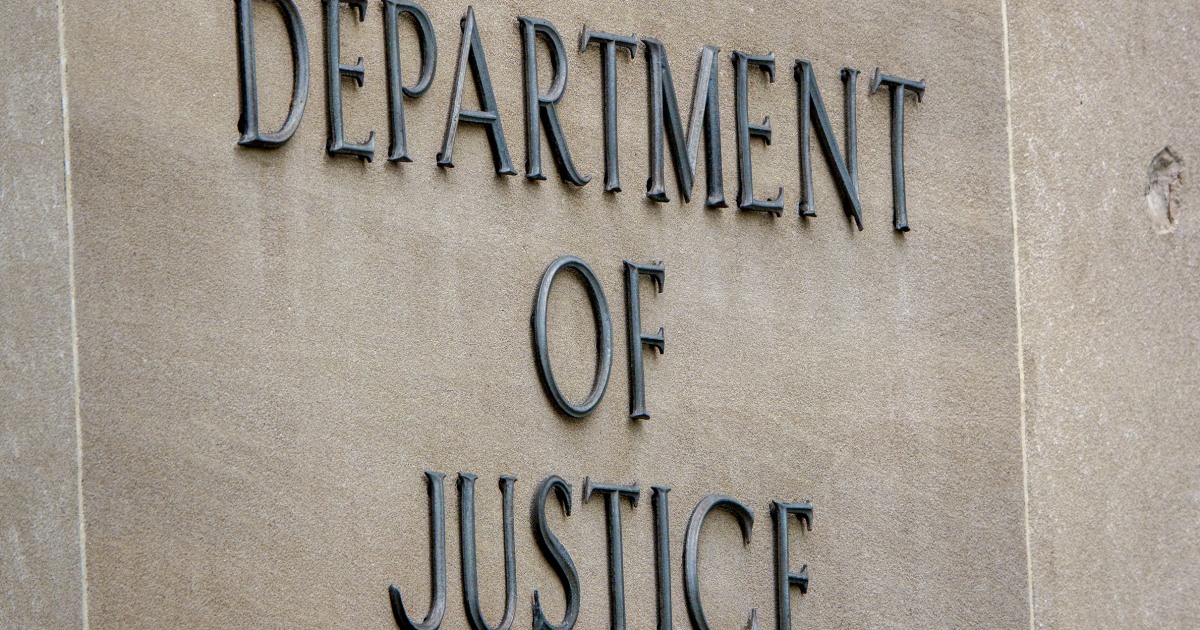The Trump administration has issued a significant directive through the U.S. Justice Department, urging recipients of federal funds to cease programs related to Diversity, Equity, and Inclusion (DEI). This move marks a continuation of the administration’s broader efforts to dismantle DEI initiatives, which have been a point of contention since the beginning of President Trump’s term in office.
This latest memo from the Justice Department is not a general guideline but rather a detailed set of instructions. It specifically outlines actions that organizations receiving federal monies should restrict, including certain training sessions and policies explicitly designed to benefit protected groups. The directive also prohibits the use of federal funds to support third-party entities that are involved in promoting or implementing DEI objectives.
The scope of this memo is extensive, impacting a wide array of entities across the nation. Federal fund recipients span various sectors, from academic institutions such as schools, colleges, and universities, to numerous nonprofit organizations, and even private firms operating as government contractors. The public release of this memo by the Justice Department underscores its broad applicability and the administration’s intent for widespread adherence.
To illustrate its recommendations, the memo provides explicit examples. One notable instance cited is that a scholarship program should not, under the new guidelines, target “underserved geographic areas” or “first-generation students” if these criteria are primarily chosen to boost participation from specific racial or sex-based demographics. This example highlights the granular nature of the restrictions being imposed on programs historically designed to address systemic disparities.
While the administration’s stance is clear, existing federal law already provides robust protections against discrimination based on race, gender, and ethnicity. This legal framework forms the backdrop against which the new memo will be implemented and potentially challenged. The interplay between current anti-discrimination statutes and the administration’s directive on DEI programs introduces complex legal considerations for institutions.
The Trump administration has consistently worked to reshape the landscape of DEI within governmental and federally funded entities. Previous actions have included the elimination of DEI-related programs across various federal agencies and the dismissal of numerous personnel involved in these initiatives. These sustained efforts underscore a consistent policy objective regarding diversity and inclusion efforts.
Such aggressive policy shifts have not been without opposition. The administration has encountered significant legal pushback against its anti-DEI measures, indicating ongoing legal battles and scrutiny. Furthermore, beyond government actions, several private sector firms have independently begun scaling back their own diversity and inclusion initiatives in recent months, perhaps influenced by the evolving political and legal climate.
The implications of this memo extend beyond just the specific programs. The Trump administration has historically demonstrated a willingness to leverage federal funding as a powerful tool to enforce compliance with its policy agenda. This has included threats to withhold federal funds from institutions over a range of issues, signalling a strong intent to ensure adherence to its directives, including those pertaining to DEI programs. This overarching strategy reinforces the high stakes involved for organizations dependent on federal support.
Ultimately, this directive represents a pivotal moment in the ongoing national conversation about diversity, equity, and inclusion. Its implementation will undoubtedly necessitate significant adjustments for countless organizations and could fundamentally alter the approach to fostering inclusive environments across many sectors, prompting further public discourse and legal challenges regarding the balance between federal oversight and institutional autonomy.





Leave a Reply